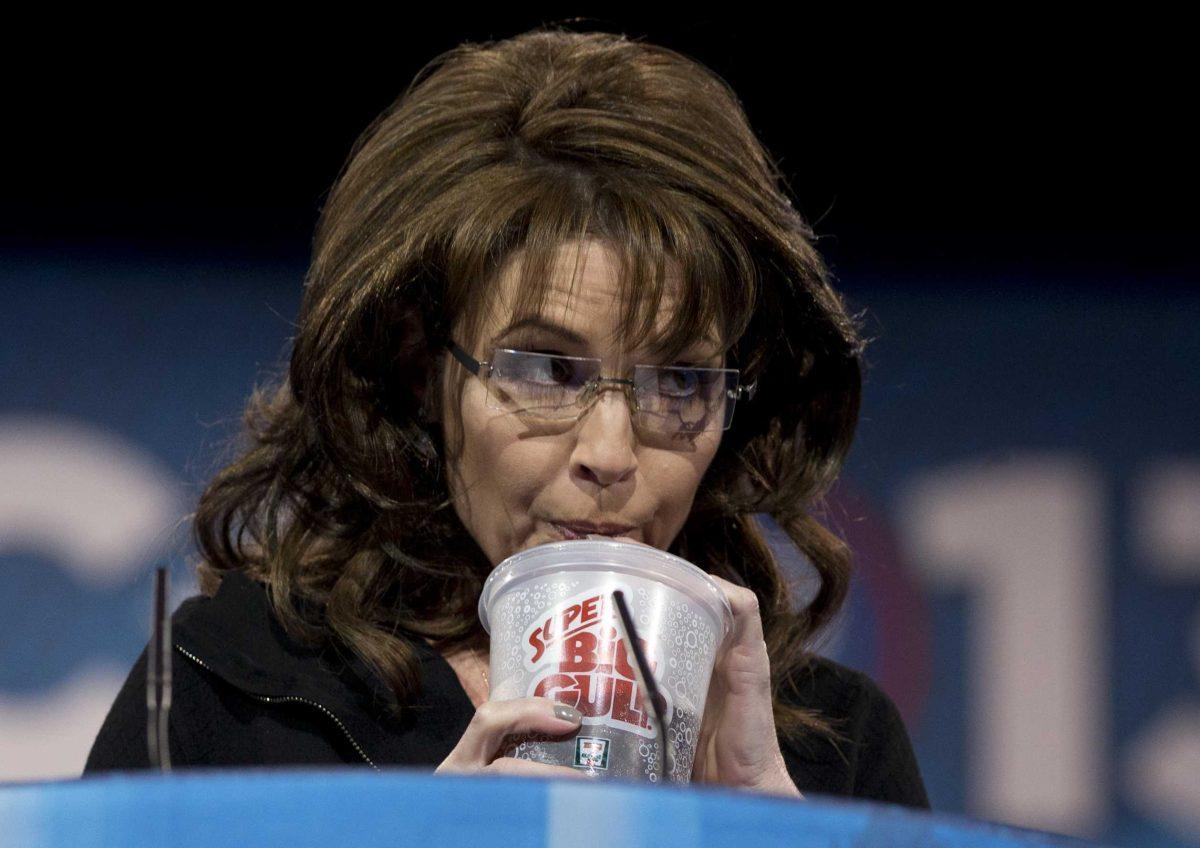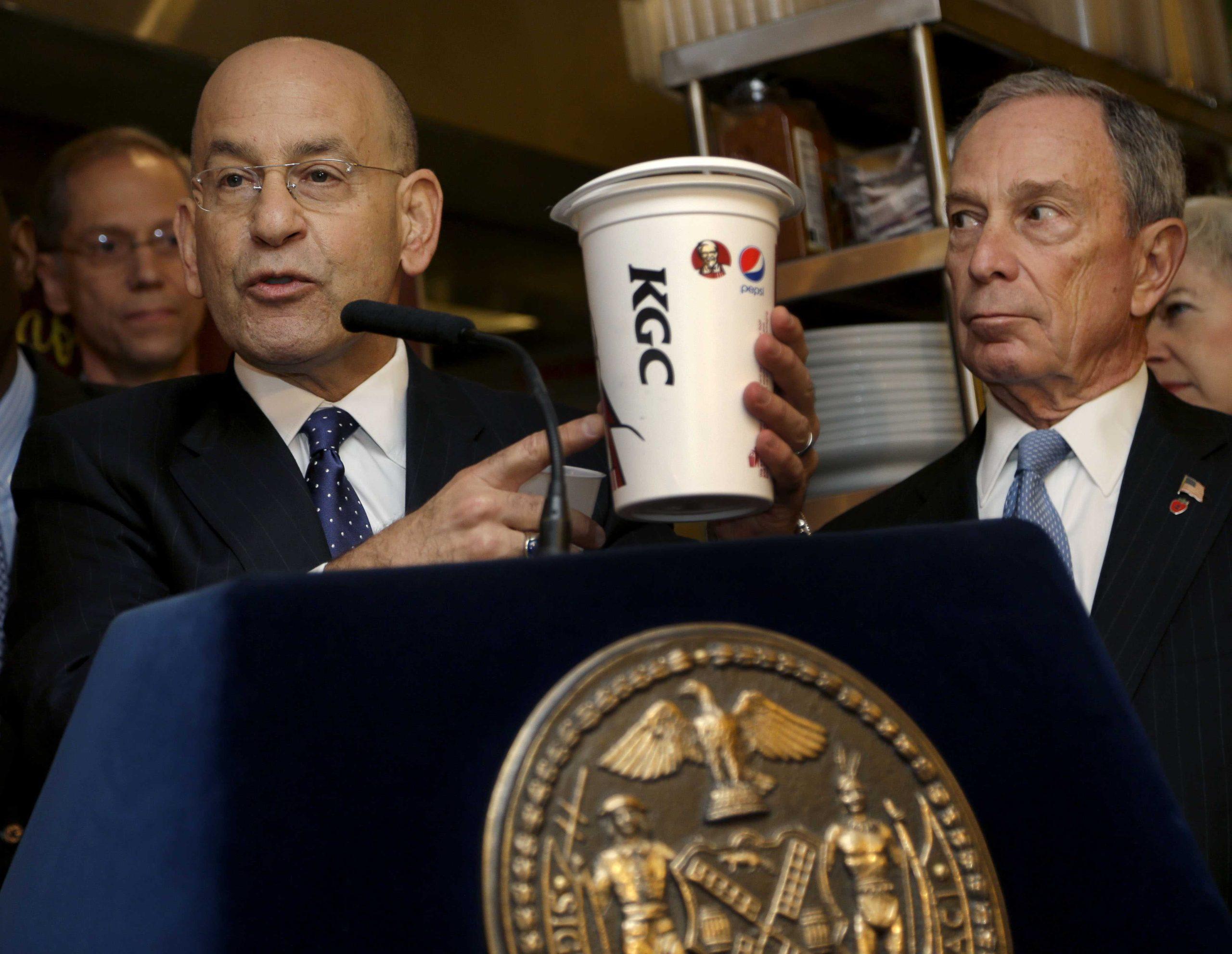For the past several weeks, New York City Mayor Michael Bloomberg pushed for a ban that, if passed, would have capped the size of sugary drinks to a trifling 16 ounces.
This ban would have included sodas, fruit drinks, energy drinks, coffee and tea-sweetened drinks, according to The New York Times. However, Bloomberg was keen to exempt any product with a high concentration of milk – such as lattes – from the ban since, apparently, milk makes everything healthier. Alcoholic beverages were also left out of the ban proposal since the last time someone decided to set a prohibition of alcohol in the country, which didn’t go well.
The ban would have been put in place in fast food establishments, restaurants and movie theater-like locales. However, another loophole was put in place so grocery stores and convenience stores could still sell any sizes they wanted.
State Supreme Court Justice Milton Tingling struck down Bloomberg’s ban March 11 and referred to the regulation as an “arbitrary and capricious” approach to stopping the overwhelmingly high numbers of obesity in America.
On one hand, Bloomberg has a point — America is fat. According to the Centers for Disease Control and Prevention, 37.5 percent of American adults are obese.
“I think that it is incumbent on government to tell people what they’re doing to themselves and let them make their own decisions, so our job is to educate people” Bloomberg said in an interview with David Letterman.
Multiple entities in the government are trying to reduce obesity throughout the country by educating young people and adults on healthy diet and exercise. Nothing warms our hearts more than watching Michelle Obama play basketball with Disney Channel stars to promote healthy living.
The difference between the first lady’s actions and Bloomberg’s ban is that one is extending a friendly hand into the world of a healthy lifestyle and the other is slapping our hand and taking away our beloved large Coca-Cola cups from McDonald’s, and we have no say in it.
The ban received a substantial amount of media coverage due to businesses and consumers claiming their rights were revoked. They are not wrong. The government has no right to impose on its citizens what they can and cannot consume.
One of the arguments for advocates of food regulation is that it can be a way to help people who can’t resist the urge to get the largest sized meals. However, as a food addiction skeptic, I believe we choose to order the largest sizes. It’s not some subconscious monster that will burrow into our souls unless we get the 20-piece Chicken McNuggets meal.
At the end of the day, Bloomberg was right when he said the government should educate the population about the risks of sugary drinks, but to go to the extreme of limiting their freedom to choose is going overboard.
Especially when it comes to an issue that can only be solved by the individual.






